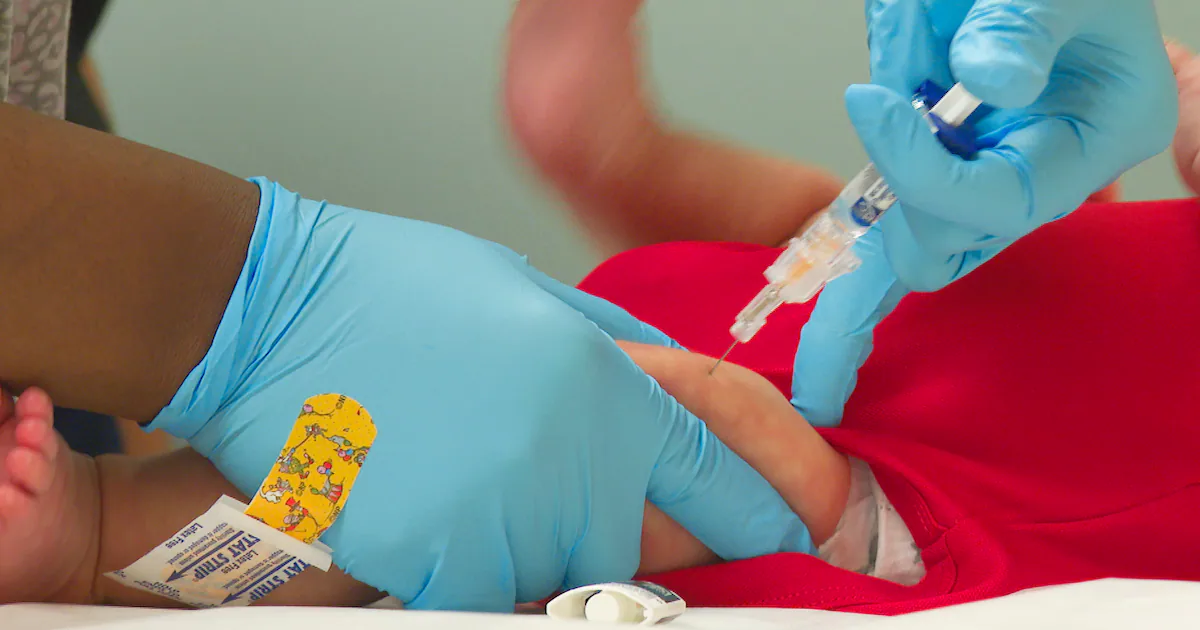
You know Taylor Swift for her chart-topping hits and unforgettable lyrics.
Interestingly, the 14-time Grammy winner’s cultural impact has even made her the subject of scientific analysis.
Researchers have not only studied the seismic activity generated by her enthusiastic fans at concerts, but they are now also using her recorded interviews to understand the science of speech and how accents evolve over time.
The University of Minnesota in the US found that Swift’s accent has evolved throughout her career, offering surprising insights into dialect shifts.
Swift’s career has led her to move between communities with unique regional or social dialects.
“Taylor Swift is perfect for this type of longitudinal analysis because she has been interviewed and recorded many times over the years and had motivations for changing her accent at specific times,” said Matthew Winn, one of the study authors, on September 23, in a press release.
Analysis of 1,400 vowel sounds
Born in Pennsylvania, Swift moved to Nashville at age 13 to pursue a country music career, releasing the successful album “Fearless” in 2008.
She began transitioning to pop with her 2012 album “Red” and officially moved into the genre with her 2014 album “1989,” after relocating to New York City.
The researchers studied Swift’s dialect from years of recorded interviews, spanning her time in Nashville, her return to Pennsylvania, and her move to New York City.
Over 1,400 vowel sounds from interviews were carefully analysed to pinpoint major changes in her dialect.
Using specialized software, the speech experts measured vocal resonances, which are essentially the fingerprints of how we articulate vowels. These measurements were key to tracking subtle but key changes in her speech.
“The key thing about analyzing dialects is measuring the movement of the vowel through the mouth from the start to the end of the vowel — that’s what makes it distinct across dialects,” said Winn.
“We made ten measurements per vowel to show this movement, which was key to showing how her articulation changed in the different cities,” Winn added.
Change in dialect features
The study found that while living in Nashville, Swift adopted distinct features of a Southern accent.
For example, words like ‘ride’ began to sound more like ‘rod,’ and ‘two’ shifted towards ‘tee-you.’
Researchers hypothesize this wasn’t just about connecting with a city, but about integrating into the country music community itself.
Interestingly, these dialect features faded after her move back to Philadelphia.
Furthermore, a “second major shift” was found when Swift relocated to New York City. Around this time, her voice pitch was lowered.
“This was the time in her career when she became more well-known for speaking up on issues of social change and feminism, as well as musician’s rights,” explained Winn.
“Sometimes people with a lower pitch are perceived as a voice of authority, and it is possible that she was making use of that tendency to ensure her message was received.”
The researchers state that this kind of real-world observation “would be virtually impossible to observe in a controlled laboratory study.”
The findings may help understand how a person’s dialect adapts later in life, influenced by factors such as their geographical location, profession, and even their leadership aspirations.
The study was published in the Journal of the Acoustical Society of America (JASA) on September 23.



